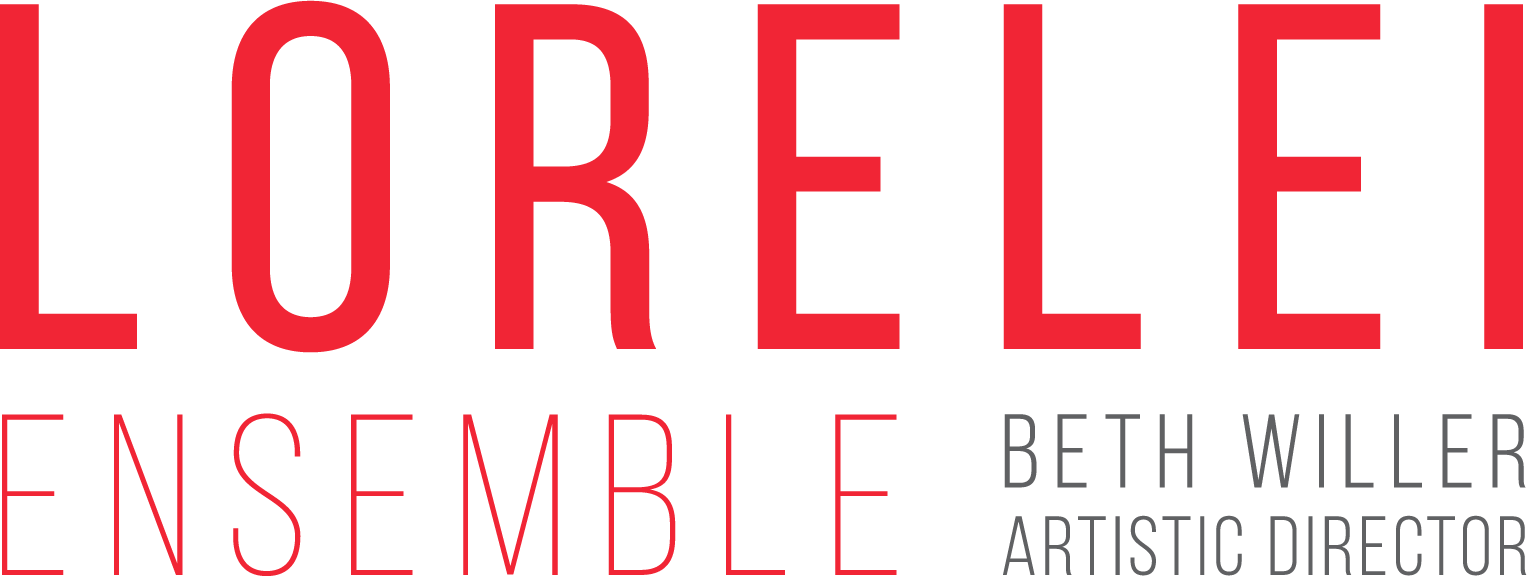Meg Dudley- soprano
It is a gigantic gift to make music that challenges our humanity. Music that illuminates the stories of people whom history did not favor. By asking the difficult questions of ourselves and the society we grew up in, we are able to deepen our own sense of what it means to be human through the practice of empathy.
I have always admired the social challenges Julia Wolfe poses to her audiences, shining a light through her music on the intense individual perspectives of people who suffered injustices throughout the past. From Anthracite Fields, which deals with the harsh conditions of coal miners in Pennsylvania, to Fire in my Mouth, which lists the names of each of the 146 garment district workers who perished in the 1911 Triangle Shirtwaist Factory Fire, Julia Wolfe has a unique ability to focus our gaze on the individual people behind historic, and sometimes tragic events. There is always a story there, always a person at the heart of that vantage point, and those stories have a lot to teach us about ourselves.
The suffragists’ strength shows me how working together towards a common goal amplifies voices to make the message of change impossible to miss. As a woman writing my own history, I realize how I can channel the message of our suffragist sisters in arms, in order to face the world I find myself in now.
Nothing about this time is easy for any of us. It is in these difficult times, we need to lean into the struggle and find a way through instead of silently being complicit to the wrong-doings going on around us. It is our role to use our voices to change this world. And for now, we’ll all do that virtually, because that is the right thing to do in this moment. And soon, we will gather again, to commemorate the centennial (plus one year, but who’s counting?) of the women’s right to vote, and bring to life this historic piece of music for the first time. It will be a spectacular experience, one that both I and the world will benefit from immensely.

